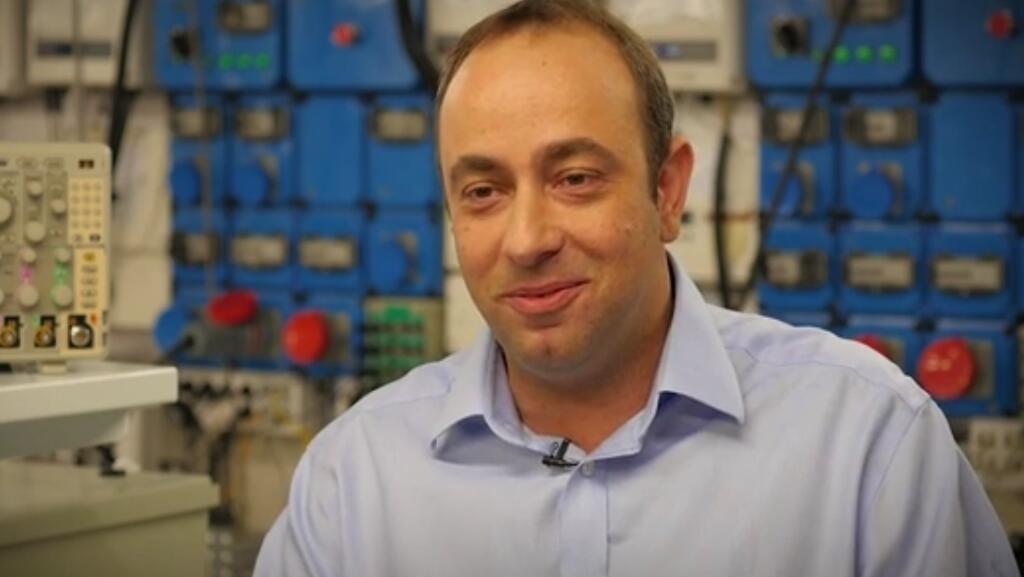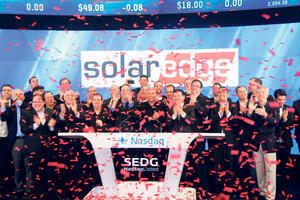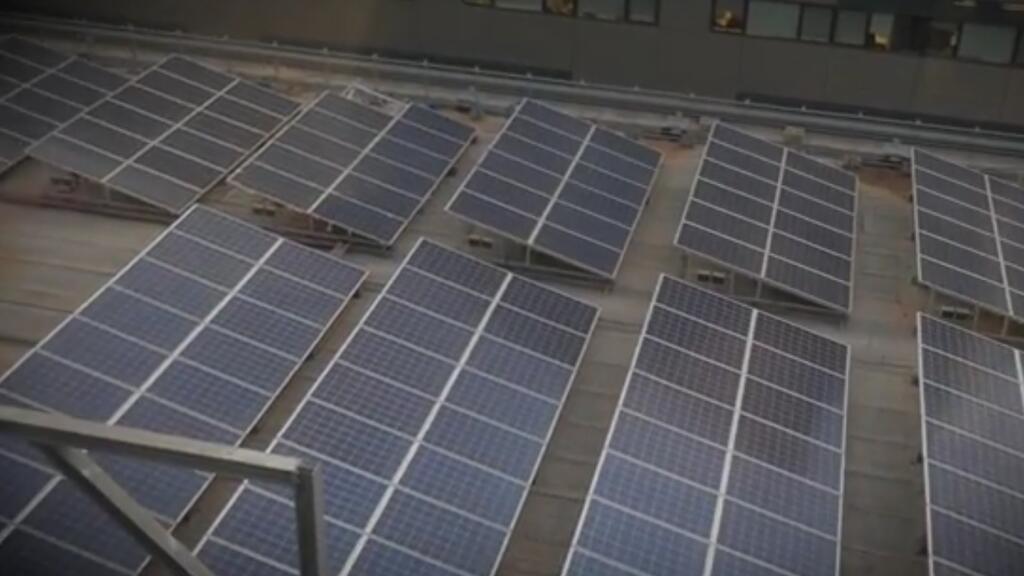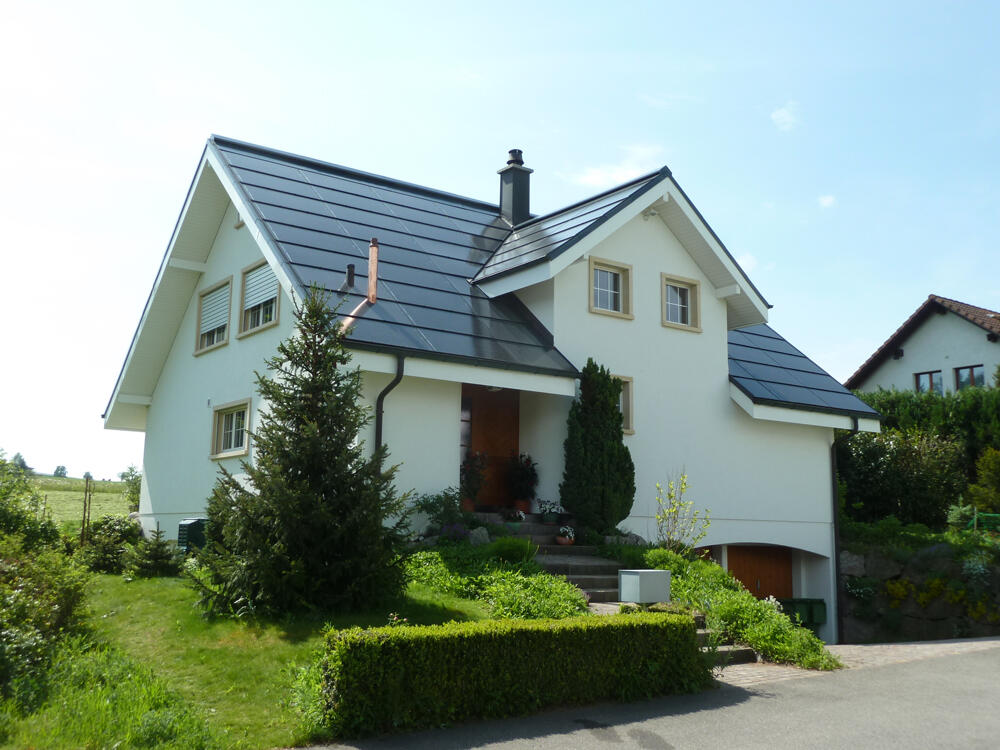SolarEdge, an Israeli company operating in the renewable energy sector, recently announced significant layoffs affecting approximately 900 employees, with 550 of them based in Israel. This accounts for around 16% of the company's workforce, which currently stands at about 5,600 employees.
Read more:
The majority of the layoffs in Israel will occur at the company's headquarters near Herzliya, while some employees, including those in R&D, will be affected at the Tzipori plant. These layoffs come in addition to the company's decision to discontinue its activities in the electric and commercial vehicle sectors and the closure of its plant in Mexico.
Senior management at SolarEdge views these layoffs as an unfortunate necessity. In fact, the company had previously committed to its employees in 2023 that there would be no job cuts. However, due to a decline in demand for its products in recent quarters, this step became unavoidable.
Sources close to the company reveal SolarEdge had formulated a business plan based on quarterly revenues ranging from $700 million-$600 million. Although the company's revenues exceeded expectations in the last two quarters, it failed to meet the forecasted targets. This has raised concerns that future revenues may fall below the projected baseline. In such a scenario, the company may be compelled to make further cuts, as indicated by these sources.
"The writing was on the wall and implemented with a delay of several months," said Shachar Cohen, the manager of the Lucid Capital hedge fund, which, among other things, shorts technology stocks like SolarEdge. "The solar electricity market is maturing, and the penetration rate is between 5%-6% in the U.S."
"With such penetration rates, problems arise with the electrical grid's capacity, and in some places in the U.S., there is excess electricity during the day and savings at night. Solar electricity has transitioned from being beneficial to the grid to becoming a burden on the grid."
According to Cohen, "SolarEdge management has built a very high production capacity, but demand has decreased. It is a very harsh pressure on profitability rates." In addition, the political situation in Europe does not foresee continued subsidies for the company.
"Right-wing governments in Europe do not like the system of granting subsidies for solar energy use. It is not economically viable and essentially funds the energy consumption of the poor population by the wealthy population, as we saw in the Netherlands with the change of government," he explained.
Cohen is optimistic about the company's recent move. "The market will appreciate what they are doing. Layoffs of 900 employees represent savings of $100 million-$150 million annually in salary expenses. SolarEdge is good, but it took a wrong turn and is now taking steps to align its cost structure with its future revenues," he said.
These layoffs are the latest blow in a series of negative events affecting the company, including a declining stock price, analysts lowering their price targets, removal from the prestigious S&P 500 Index, and expectations of weak performance.
SolarEdge's stock has experienced a significant decline since the start of 2024, plummeting by 24% and resulting in a current market value of just $3.9 billion. This is in stark contrast to the company's peak in August 2022, when its market value reached $20 billion, making it the largest Israeli company in terms of market value at that time.
The recent decline in SolarEdge's stock price, coupled with other factors, prompted the index editor S&P Global to announce in early December that SolarEdge would be removed from the S&P 500 index. This decision comes two years after the company's historic inclusion in the index as the first Israeli company to achieve this feat.
SolarEdge specializes in producing solutions for managing solar systems. Their customer base includes both large-scale renewable energy companies and individual homeowners looking to install solar systems on their roofs. The role of interest rates in the market is crucial, as renewable energy companies often rely on financing to cover approximately 80% of the costs associated with their projects.
4 View gallery


Former Isralei intelligence officer Lior Handelsman is one of the founders of SolarEdge
Similarly, private customers frequently utilize credit to implement solar systems in their homes. These loans are typically repaid by selling any surplus electricity generated by their systems back to the national power grid. Consequently, when interest rates increase, the financial burden on solar system installers becomes significantly greater.
Starting in mid-2022, interest rates in the United States experienced a significant surge, rising from near-zero levels to 5.5%. This has had a substantial impact on SolarEdge, given that half of its solar operations are based in the U.S. The demand for solar systems has sharply declined as a result, along with the need for optimization and system management solutions, which SolarEdge specializes in providing.
Over the past month, there were indications that the period of interest rate hikes was coming to a close. While the U.S. Federal Reserve chose to maintain interest rates at a high level, Fed Chair Jerome Powell hinted to the market that there could be three interest rate cuts throughout 2024.
Consequently, SolarEdge, under the management of Tzvi Lando, experienced a remarkable 32% surge in just one day, offering some relief to investors amid the significant downturn. Similarly, other companies in the industry, such as the major competitor Enphase, also witnessed notable increases in their stock prices.
Furthermore, in 2023, new regulations were implemented in California that significantly reduced the tariffs received by owners of private solar systems, slashing them by up to 75%. This change has had an impact on the demand for these systems. Specifically, these regulations affect solar systems without storage facilities. While SolarEdge does offer such installations, they are not widely adopted by private customers due to their high cost.
SolarEdge, a significant player in the European market, is currently facing challenges. The war between Russia and Ukraine in February 2022 resulted in a surge in traditional energy prices and a subsequent increase in demand for renewable energy. This led many individuals to invest heavily in solar installation equipment. However, this accumulation of inventory has contributed to a decrease in orders for SolarEdge.
The company's financial performance has seen a decline over the past year. In the first quarter, net profit stood at $139 million, but it slightly dropped to $119.5 million in the second quarter. By the third quarter, SolarEdge experienced a loss of nearly $62 million, compared to a net profit of $16 million in the same period.
Third-quarter revenues also decreased from $837 million in the corresponding period to $725 million. SolarEdge met its own forecasts in the third quarter but significantly reduced them in October, resulting in a 12% drop in the stock price on that day.
The sentiment among analysts who assess SolarEdge is largely pessimistic. Barclays recently lowered the target price of the stock from $74 to $50, which is lower than the current price of $69.1. Barclays began downgrading the company's stock in October, reducing the price from $274 to $152. However, Bank of America provided a buy recommendation for the stock in August, despite the sharp declines, describing the situation as a "correct strategy, unfavorable conditions."
SolarEdge was founded in 2006 by five former intelligence officers: Guy Sella, Lior Handelsman, Yoav Galin, Meir Adest, and Amir Fishelov. They invented a direct current optimizer that enhances the efficiency of solar panels. In 2015, the company went public in the United States with a value of $704 million.
By December 2021, its value had reached $16 billion, leading to its inclusion in the prestigious S&P 500 index, which consists of the 500 largest publicly traded companies in the US, subject to various criteria, including four consecutive quarters of net profit. However, the S&P committee announced in early December the removal of SolarEdge from the index. Currently, if we do not consider Palo Alto as an Israeli company but rather as an Israel-related company, there is no Israeli company listed in the S&P 500 index.




